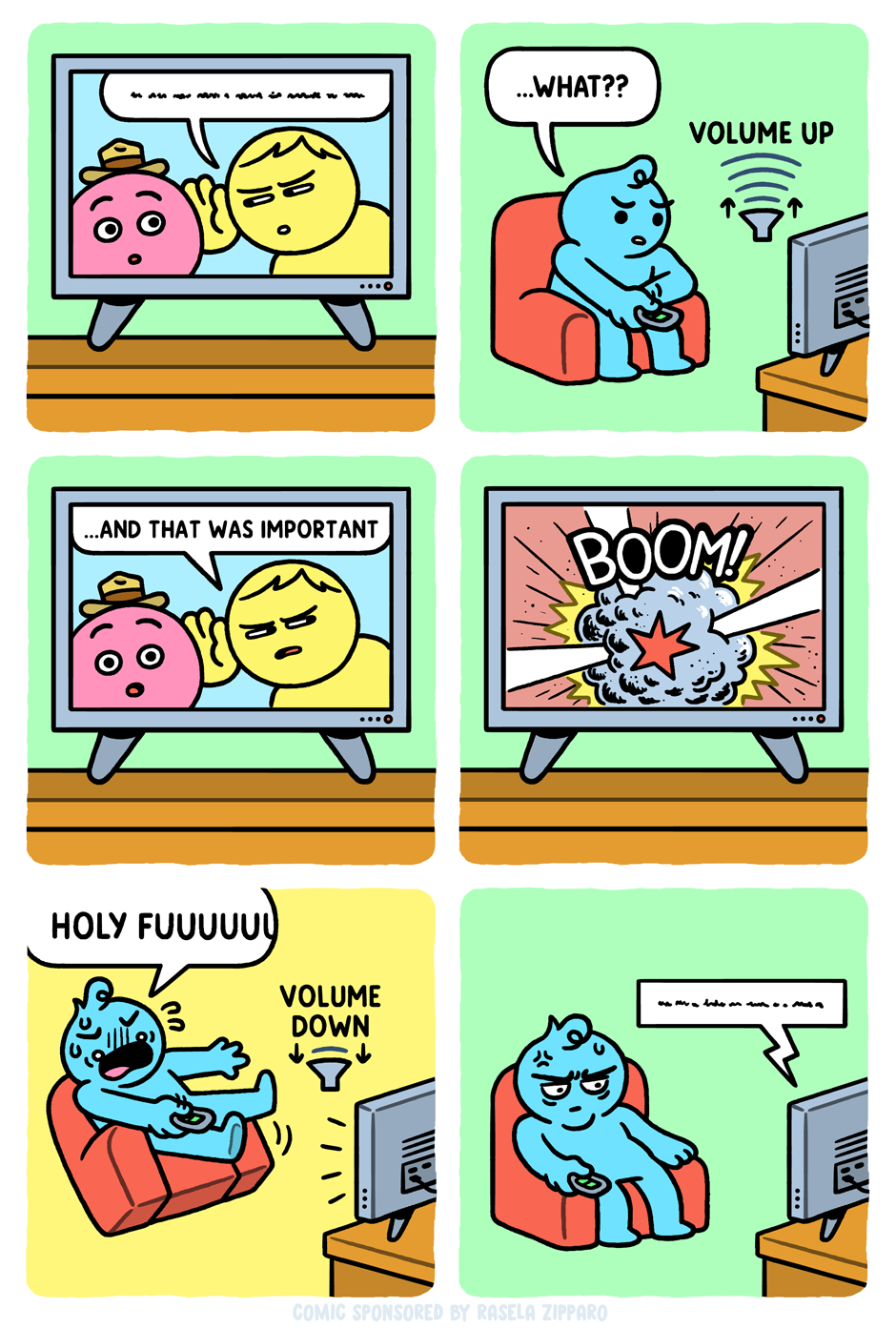this post was submitted on 30 May 2025
1202 points (99.1% liked)
Comic Strips
21457 readers
1092 users here now
Comic Strips is a community for those who love comic stories.
The rules are simple:
- The post can be a single image, an image gallery, or a link to a specific comic hosted on another site (the author's website, for instance).
- The comic must be a complete story.
- If it is an external link, it must be to a specific story, not to the root of the site.
- You may post comics from others or your own.
- If you are posting a comic of your own, a maximum of one per week is allowed (I know, your comics are great, but this rule helps avoid spam).
- The comic can be in any language, but if it's not in English, OP must include an English translation in the post's 'body' field (note: you don't need to select a specific language when posting a comic).
- Politeness.
- AI-generated comics aren't allowed.
- Adult content is not allowed. This community aims to be fun for people of all ages.
Web of links
- !linuxmemes@lemmy.world: "I use Arch btw"
- !memes@lemmy.world: memes (you don't say!)
founded 2 years ago
MODERATORS
you are viewing a single comment's thread
view the rest of the comments
view the rest of the comments

It is why I enable "Loudness Equalization" on every audio device in Windows.
It makes soft sounds louder and loud sounds softer.
Can't stand it otherwise either.
You can get an audio compressor extension on most browsers too. It functions by reducing volume above a threshold and increasing overall output to compensate.
On the flip side, if a poor audio mixer overly does this to make their track sound louder, services such as YouTube penalize the volume of the entire audio track.
Human ears are more sensitive to certain sounds, so boosting certain frequencies can make something sound louder without necessarily increasing the overall amplitude of the sound waves (air pressure).